ARTISTS and museum curators don't usually get showered with funding, which is why the Charles Wallace Trusts are so special.
Every year, they help doctoral students and professionals from India, Pakistan, Bangladesh and Burma gain valuable experience in the UK, particularly in the fields of art, cultural heritage and social science.
Rebecca Megson met two beneficiaries who have spent the summer at the British Museum and at a top London art studio.
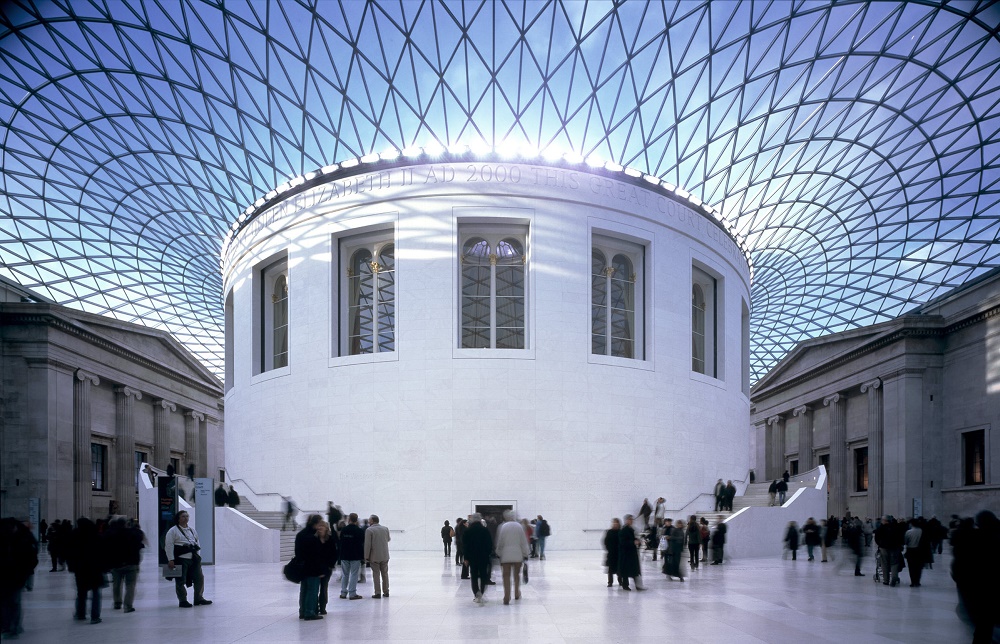
A TRIP to the British Museum is a must for any tourist in London, but only a lucky few of its 6.7 million annual visitors get to handle its world-famous treasures.
Among them is Hajra Haider, from Pakistan, who spent six weeks in London this summer on the British Museum’s International Training Programme.
"It was absolutely fantastic," said Hajra, who is curator of a non-profit art gallery in her hometown of Karachi. “I accumulated so much information that I’m still processing it. It was such a great learning experience, there are a number of models I could apply to my work."
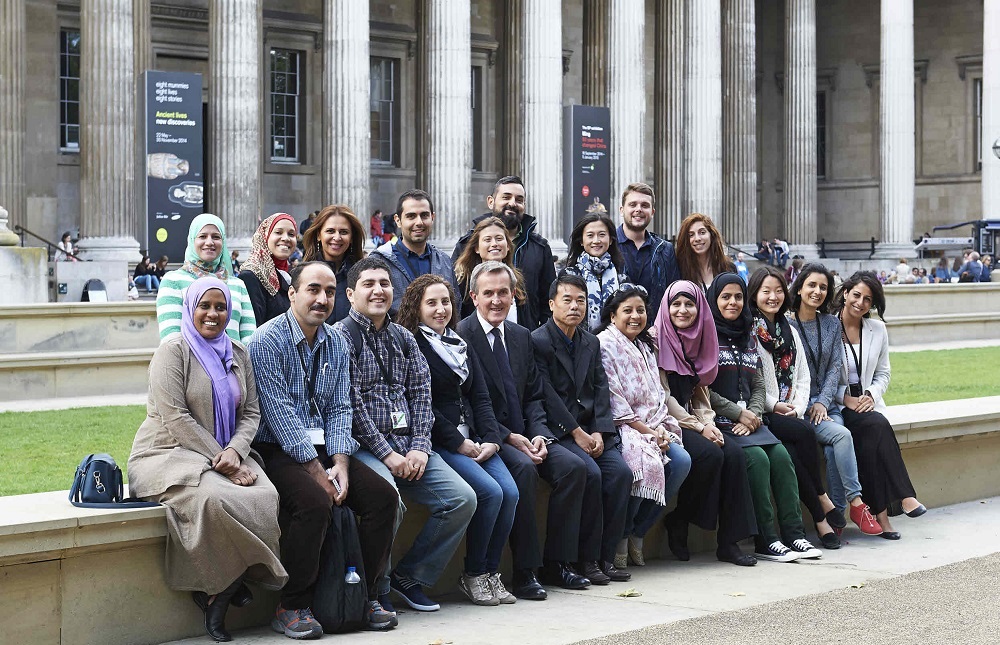
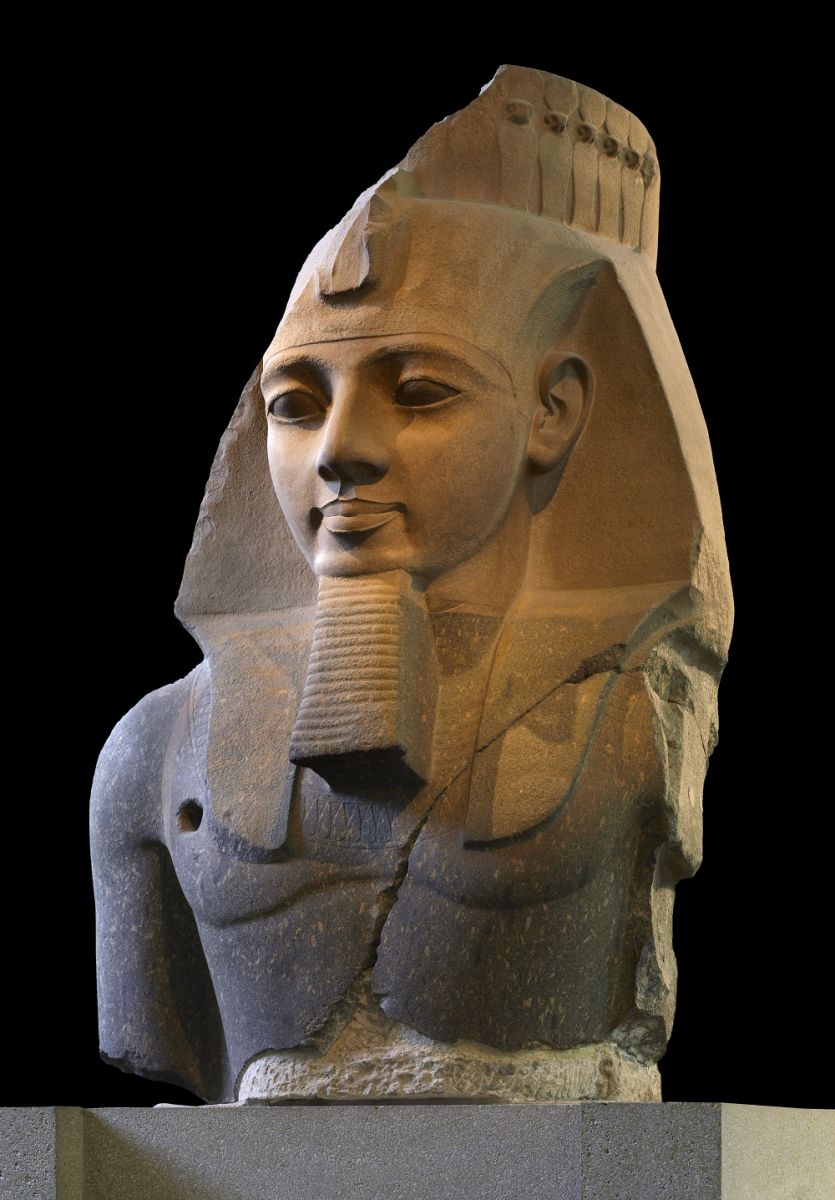
Hajra's trip was made possible thanks to the Charles Wallace Pakistan Trust (CWTP), one of four UK-based trusts set up in 1981 with funds bequeathed by British entrepeneur Charles Wallace, who lived in India in the 19th century. The trusts provide a variety of funding opportunities to PhD students and professionals visiting the UK from India, Pakistan, Bangladesh and Burma - but they are particularly renowned for supporting artist residencies and fellowships in the arts, cultural heritage and social science fields.
Through the Pakistani trust, Hajra was granted an open visiting fellowship which provided her with a monthly stipend of £1,300 plus a contribution towards her air fare and UK visa costs. The money enabled her to live in the expensive UK capital for six weeks and spend a further two weeks working at the Manchester Museum and Manchester Art Gallery.
Through her time in the UK, Hajra learned about handling and taking care of objects, the importance of conservation and documenting the archive and innovative ways to engage and educate the public. She has taken her knowledge back to the Indus Valley School of Art & Architure gallery where she is the curator.
Her first ever trip to the UK was an unforgettable experience, she said. “What struck me the most was that London is a city which has room for everyone, no matter who you are or where you are from. It was amazing to learn new customs and share common things. It was a great experience to live with people from another country. We started off as strangers but by the end of our time together we’ were more like a family."
Another beneficiary of the Charles Wallace Pakistan Trust is artist Fazal Rizvi, who recently took part in the Gaswork Studios International Residency Programme, also in London.
He was one of 16 international contemporary artists given the opportunity to live and work out of the internationally-renowned contemporary art studios for three months, concluding his placement with an open studio event.
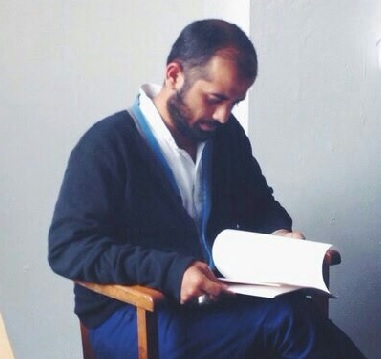
Like Hajra, he had never been to the UK before but instantly felt at home. “You read so much and see so much of London on the Internet or TV, so it wasn’t really all that surprising when I initially arrived. I didn’t feel out of place at all," he said. “But after two weeks in London I realised that I probably heard more foreign languages than English, which I hadn’t expected.”
Seeing some of the larger Matisse pieces up close at London's Tate gallery was a particular highlight, as was living alongside artists from other countries. "All the artists in residence stay in the residency house – so I’ve been living with a Spanish artist and a Mexican artist and actually a Columbian one too – which was a great experience.”
The purpose of their fellowships wasn’t just about experiencing being in another country however. Fazal wanted to use the Gasworks Studios residency to explore the notion of second-generation immigration. His initial idea was to interview and work with immigrant communities in London.
The experience of being in London quickly challenged and reshaped his thinking. “Accidents happen when you travel, accidents that become a trigger, that in turn change the direction of an idea,” says Fazal.
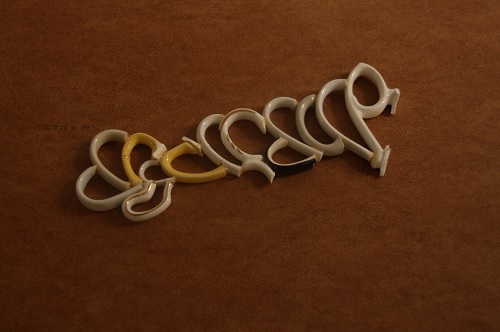
“One of these accidents or triggers is that I was asked such a lot of times, ‘This is your first time in London and in the UK, so how come your English is so good?’ so I started looking into the English language from that perspective.”
Gasworks encourages artists to focus on process and experimentation, not on completing a specific project. Fazal has created a number of fragments that relate to his idea around the importance of English language.
One piece is a script relating to his father who wasn’t able to speak English very well. Another is a series of letters to his mother, ‘These are not love letters’.
The fruits of Fazal’s three-month residency were on display at the Gasworks open studio event at the end of September alongside his fellow international resident artists.
Find out more about the Charles Wallace Trusts, the International Residency scheme at Gaswork Studios , and the British Museum International Training programme.